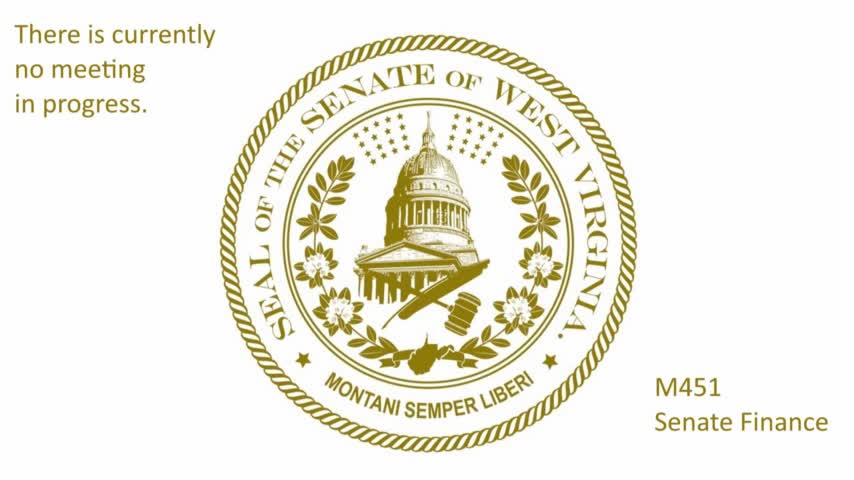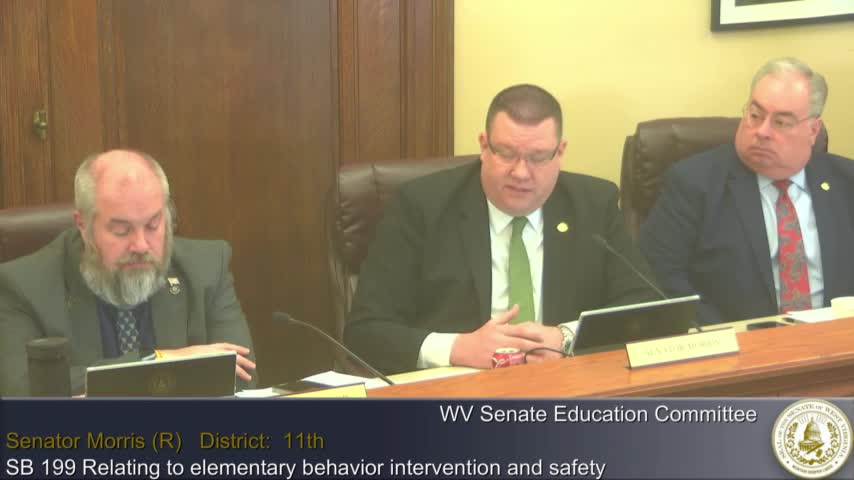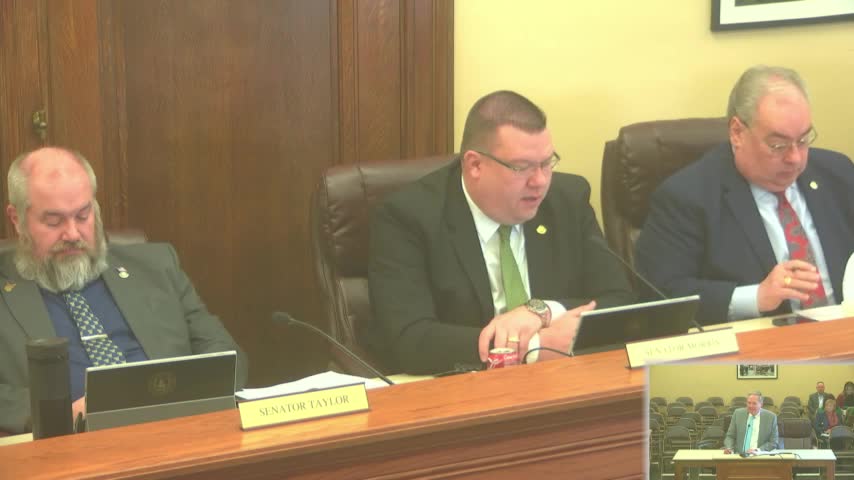Article not found
This article is no longer available. But don't worry—we've gathered other articles that discuss the same topic.

Committee approves substitute for bill requiring behavioral assessments, interim supports for K–6 students

Committee adopts substitute making county surveys and food-resource distribution mandatory for non-school days

